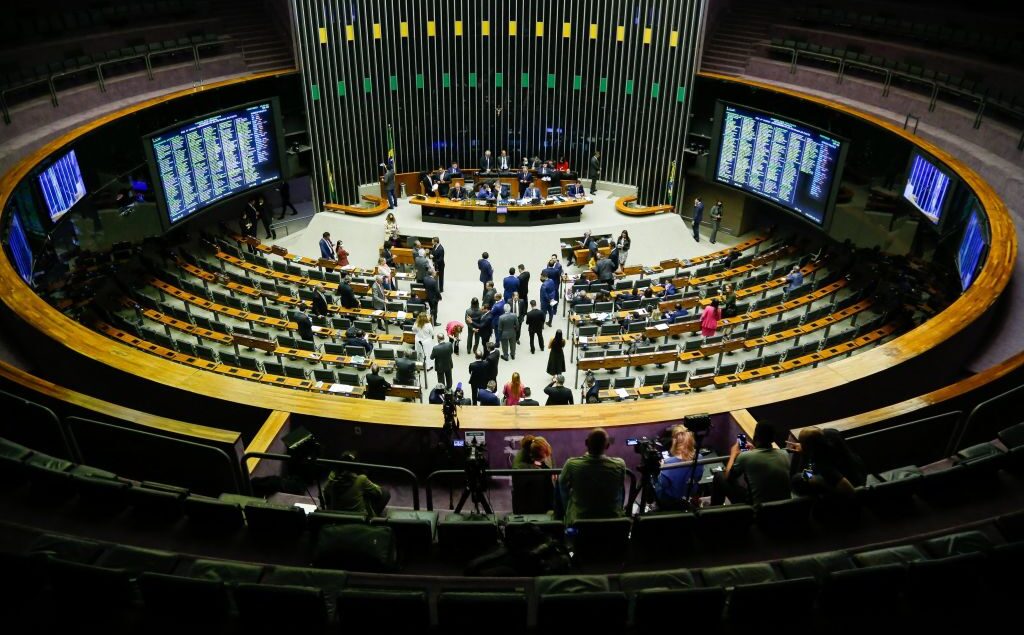Brazil Ushers in New Era of iGaming and Sports Betting Regulation
Brazil has taken a monumental step in its gaming industry with President Luiz Inácio Lula da Silva signing into law new regulations for iGaming and sports betting.

This significant development, enacted on New Year’s Eve, marks the culmination of a lengthy regulatory process in Brazil, setting a new precedent in the country’s gaming sector.
Key Aspects of the New Gaming Law
Under the new law, sports betting will be subject to a 12% tax rate, while player prizes will be taxed at 15%. To operate in Brazil, gaming operators must pay a BRL 30 million (€5.5 million) license fee and are permitted to operate up to three brands.
A crucial requirement is that these companies must be based in Brazil, reinforcing the country’s commitment to localizing the gaming industry.
Legislative Progress and Challenges
Sports betting has been legal in Brazil since 2018, but the lack of specific regulations under former President Jair Bolsonaro’s administration left the industry in a state of limbo.
The successful enactment of these regulations under President Lula’s tenure marks a significant shift in the government’s approach to the gaming industry, demonstrating a more favorable stance towards regulation.
The journey to these regulations began with a Preliminary Measure for sports betting introduced in August. While the Chamber of Deputies and the Senate Plenary showed little concern over the sports betting proposals, the inclusion of iGaming in the bill sparked more debate.
The Senate Plenary initially removed iGaming from the bill in December, but the Chamber of Deputies reinstated it, leading to the current comprehensive regulatory framework.
Our Comment On The Article
The enactment of iGaming and sports betting regulations in Brazil represents a significant milestone in the country’s gaming industry. It not only legalizes and regulates a previously uncertain sector but also opens up new opportunities for economic growth and innovation within the Brazilian market.
The decision to require operators to be based in Brazil is a strategic move that could stimulate local business development and ensure more stringent regulation.
This new legislation could serve as a model for other countries in Latin America looking to regulate their gaming industries, balancing economic interests with the need for responsible gaming practices. As the industry evolves, it will be interesting to observe how these regulations impact Brazil’s gaming landscape and whether they will lead to a more vibrant and controlled gaming environment.
